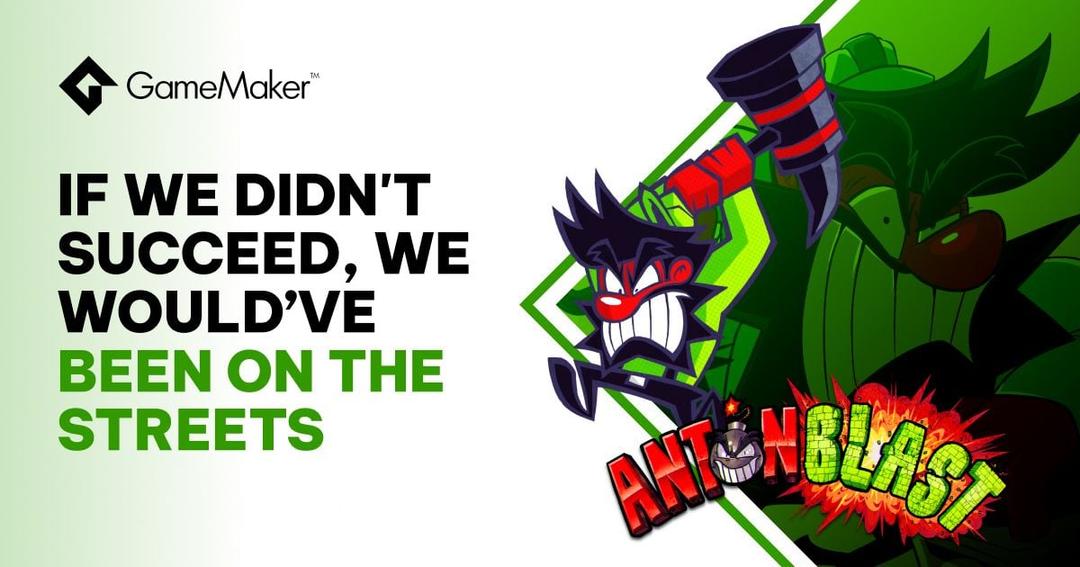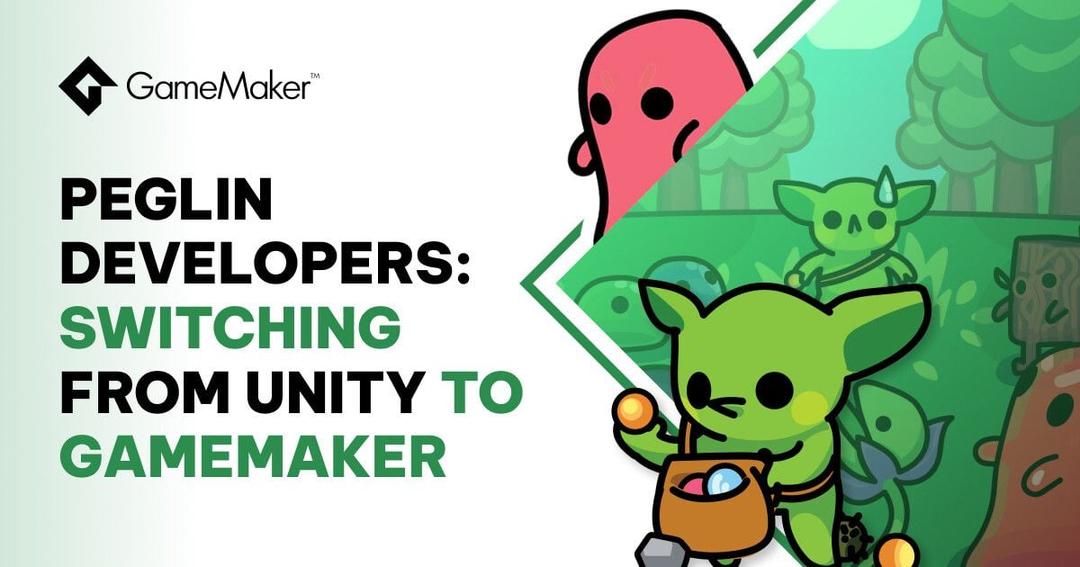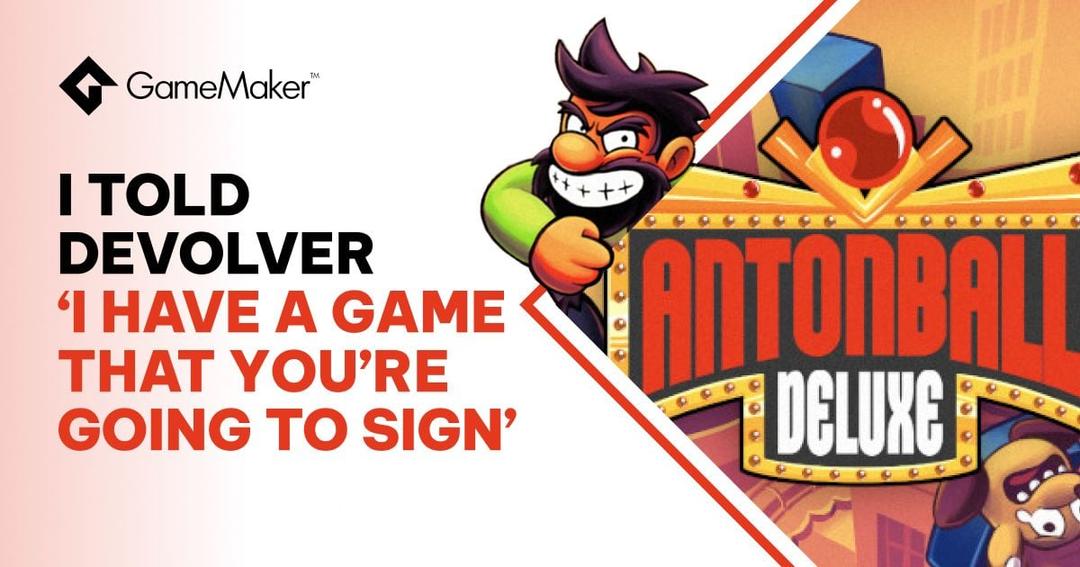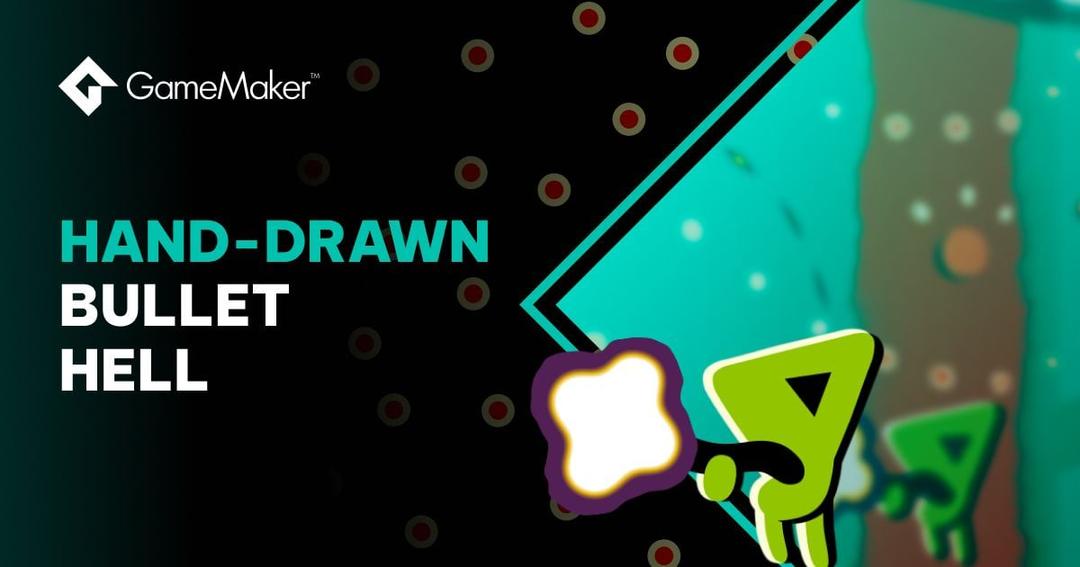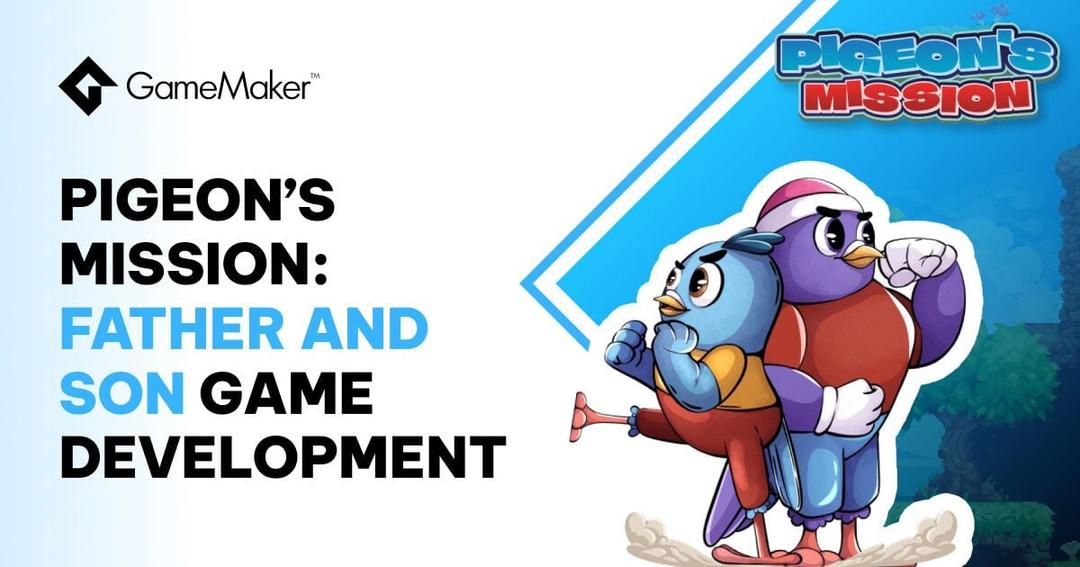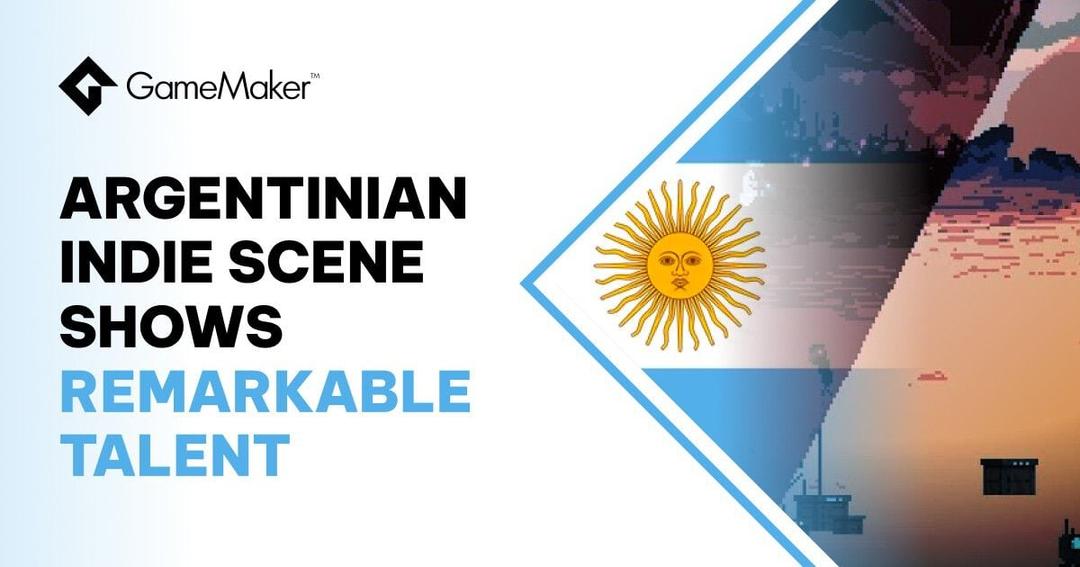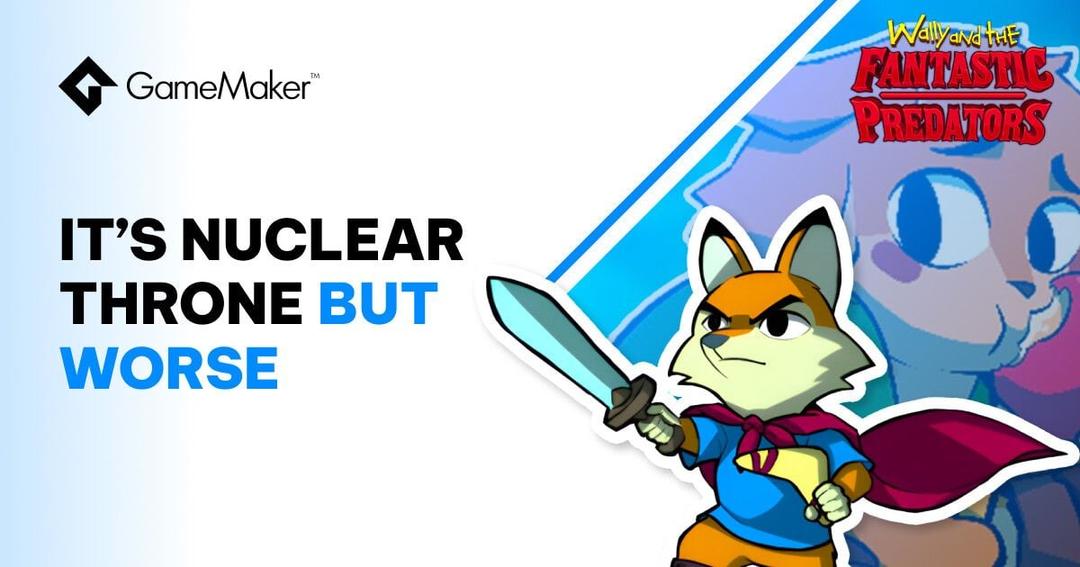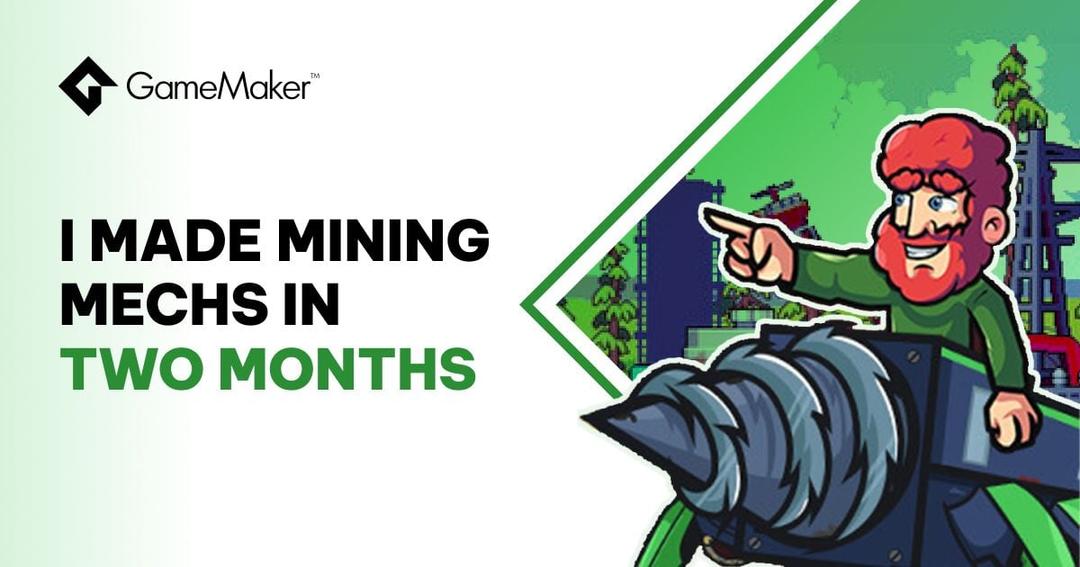I really can't emphasize game-feel enough!
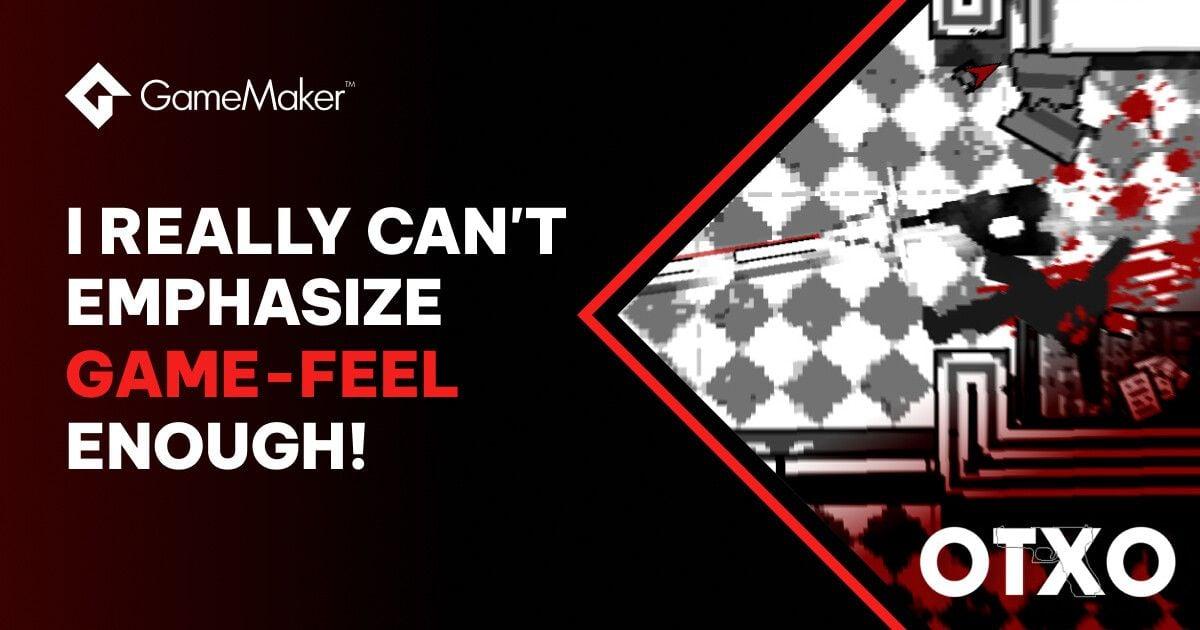
Nate Haddock of Lateralis Heavy Industries is a game developer, artist and composer. He’s the creator of OTXO, Dogworld, Manus Dei and the composer for We Kill Monsters. We sat down with Nate Haddock of Lateralis about game development, game-feel, indie-dev life, and making bandcamp bangers.
Hi, Nate. Can you give us a few words about yourself?
Hey! I'm Nate, and I'm an independent game developer based in the US.
Can you tell us a little bit about some of the games you’ve worked on?
So far, I have made Dogworld, OTXO and Manus Dei. I’ve worked on porting Grapple Dog to the Nintendo Switch, and some game designing/porting for a game called Heaven’s Machine. I also do music and am working on the soundtrack for Glass Revolver’s next game, We Kill Monsters.
OTXO, the top-down roguelike shooter featuring a mysterious mansion, a bartender with unique drinks and hundreds of foes.
OTXO has such a strong sense of style. How would you describe OTXO to someone who’s never played it before?
I would say OTXO is a top down shooter roguelite that focuses on player skill over randomization. The game provides lots of items with synergies that can enhance your playstyle and how you approach the game.
What makes OTXO stand out from other games of its type?
Maybe tooting my own horn here a bit but I think OTXO feels incredibly good to play. I think a lot of games (not even just top down shooters specifically) neglect elements of game feel that are subtle but vitally important.
OTXO doesn't have a lock on aim system because the game doesn't need one. Aiming, shooting and all those mechanics feels natural to most players. I worked really hard to try and get everything feeling as good as possible, something I believe I succeeded at.
How do you feel about comparisons between OTXO and Hotline Miami?
Honestly pretty indifferent!
I think the comparison has gotten the game in front of more people. Most Hotline Miami fans have tended to really enjoy OTXO, despite the major differences in the gameplay. The comparison is obvious of course, and Hotline Miami was an inspiration for aspects of the game.
Truth be told, I'm not even a Hotline Miami mega-fan, but I did play the game at a pivotal point in my life, and I think something about it stuck with me. I liked how fast and snappy the game was,. When I first started working on OTXO, with the intent to just make a violent top down shooter, I sought to update the parts of Hotline Miami I didn't care for.
At the end of the day they're actually pretty different games.
What is the most important thing to keep in mind while creating a top-down shooter?
I really can't emphasize game-feel enough! I tend to view game-feel as the direct conduit between the player and the actions of the game. Like if you’re driving a car, game-feel is how responsive the steering wheel is, how much force you get when you push down the pedals, how much play is in the shifter when you put it in gear. None of these things necessarily affect the action of the car getting from one place to another, but they all affect the experience of driving the car.
There are a ton of top-down shooters that involve moving through areas and killing enemies, but not all of them feel great to play. Aiming should be responsive and immediate. Movement should be tight, accurate, and natural.
Dogworld! A post a-paw-calyptic adventure.
Sounds like it’s been pretty varied! Can you tell us a little bit about the start of your game development adventure?
I was working a job I didn't much care for and it was really starting to weigh on me. At that time I began watching a game developer on Twitch work on his first game. As I spent time in his chat every day and got to know him I realized that he was just a normal dude, which is to say yes he was a game developer. That felt like an esteemed role at the time, but he was also just a guy, not unlike me.
So I started spending a few hours every day after work grinding away at my first game. After a while of doing this my parents graciously allowed me to move back home so I could work on my game full-time.
What do you find more difficult - composing or programming?
Probably composing! Programming tends to be very problem solving based and there’s a clear solution to every problem. I understand what I want to have happen, and then I just have to solve the programming problem to make that work.
Composing on the other hand is a lot more creative. When I'm working on a piece of music, most of the time I don't know how I want a melody to go or whatever so it’s about finding it out as you go.
What is your favorite part of indie game development?
I like being able to do what I want! I work harder making games than I ever did at a 9-to-5 job, but it's worth it because I get to make something that I think is cool. Also, it's really neat to see yourself get better at something. With every game I make I want to push myself a little bit farther.
What do you find most challenging about being an indie game developer?
In general, the instability. I'm in a good place with my career currently, but there's always the lurking fear that "my next game won't do well." Spending two years working on something that makes me no money is always a possibility and it’s an unfortunate reality for a lot of developers.
What are your plans for the future?
I’ve released Manus Dei. Manus Dei is a tight, impactful arena shooter. It's simple and arcadey, but my focus is to make the gameplay feel as good as possible. From there I've got an idea for my next game, so I'll start working on that as soon as I can.
Thank you Nate for the wonderful interview, and especially for Track 4 on the OTXO soundtrack, which is helping me through a Tuesday morning in December. You can find out more about Nate and Lateralis here.
Back to blogs
